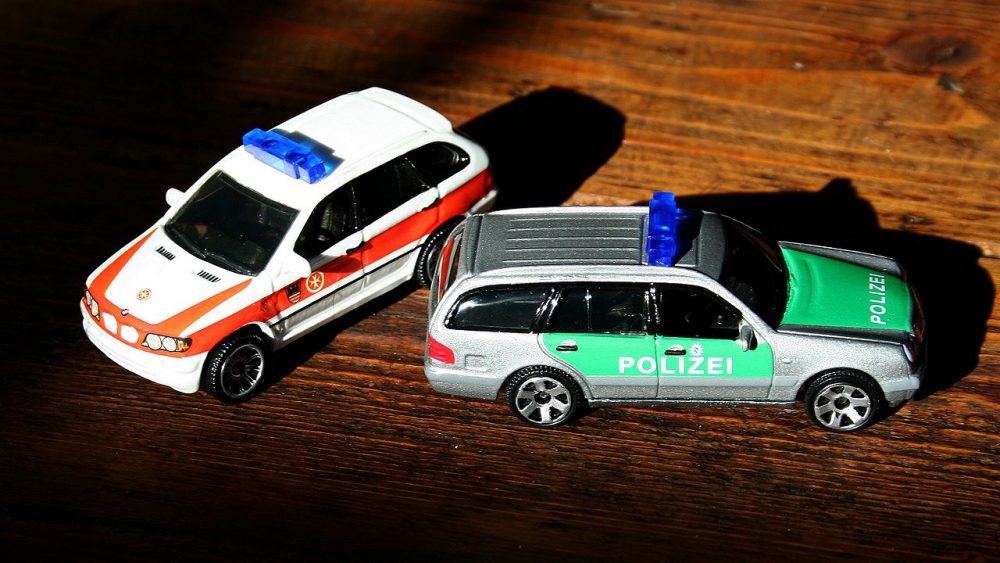
Photo: Jtnet via CC
Today, Hot Wheels are practically synonymous with the idea of small toys cars. However, Mattel’s legendary line wasn’t the first to create little vehicles, and nor — depending on who you ask — are they the best. For many, there remains one brand that rises above Hot Wheels to claim the title of the most legendary toy-car line in the world. Welcome to the world of Matchbox.
More Dependable Than Ever: The Buick Envision
The world’s first mass-market tiny cars date all the way back to 1953, and were the brainchild of a British manufacturer called Lesney Products. The idea sprang from a then-current restriction placed on schoolchildren: they could only take toys small enough to fit inside a matchbox with them to school. Lesney reasoned that they could take some of their mid-scale toy cars and tractors and scale them down so that they could fit inside one of these boxes.
The eventual product line of small “matchbox-sized” toy cars were even sold in boxes meant to mimic actual matchboxes. The gimmick worked, and the product became an immediate best-seller.
Matchbox cars were modeled after real cars from the era. Instead of embracing a racing or fantasy aesthetic — as Hot Wheels would eventually do — the Matchbox cars were more realistic. They were even created in cooperation with the manufacturers of the real cars they were based on. Their molds were made to be as accurate as possible, and this adherence to realism helped make the cars both popular and collectable.
Over the years, the Matchbox line grew and expanded all over the world. When Hot Wheels emerged as solid competition in 1968, Matchbox began creating more fanciful cars to compete. The two lines developed a rivalry over the decades, with fans/collectors drawing lines in the sand and declaring their preferred line to be the superior one.
Eventually, after struggling in the late 1970s, Lesney Products declared bankruptcy in 1982. The Matchbox brand was sold, and the line’s production was outsourced to countries outside Great Britain. The toys struggled under new ownership, and when Mattel purchased the line in 1997 as part of a corporate buyout, longtime fans grew nervous. Hot Wheels and Matchbox were now owned by the same company, and many feared that Mattel would dissolve the line as a means of getting revenge on the competition.
Thankfully, this didn’t come to pass. After a few missteps in the early 2000s, Mattel resurrected the Matchbox line in a series of products aimed at collectors. This new line included brand-new limited-edition vehicles and even the resurrection of old favorites using the original molds.
The 2021 GMC Terrain Denali: Luxury defined
By keeping the more fantasy-based Hot Wheels line and the collector-centric Matchbox brand separate, Mattel was able to cater to both consumer bases. Both lines are still going strong today.
The News Wheel is a digital auto magazine providing readers with a fresh perspective on the latest car news. We’re located in the heart of America (Dayton, Ohio) and our goal is to deliver an entertaining and informative perspective on what’s trending in the automotive world. See more articles from The News Wheel.




